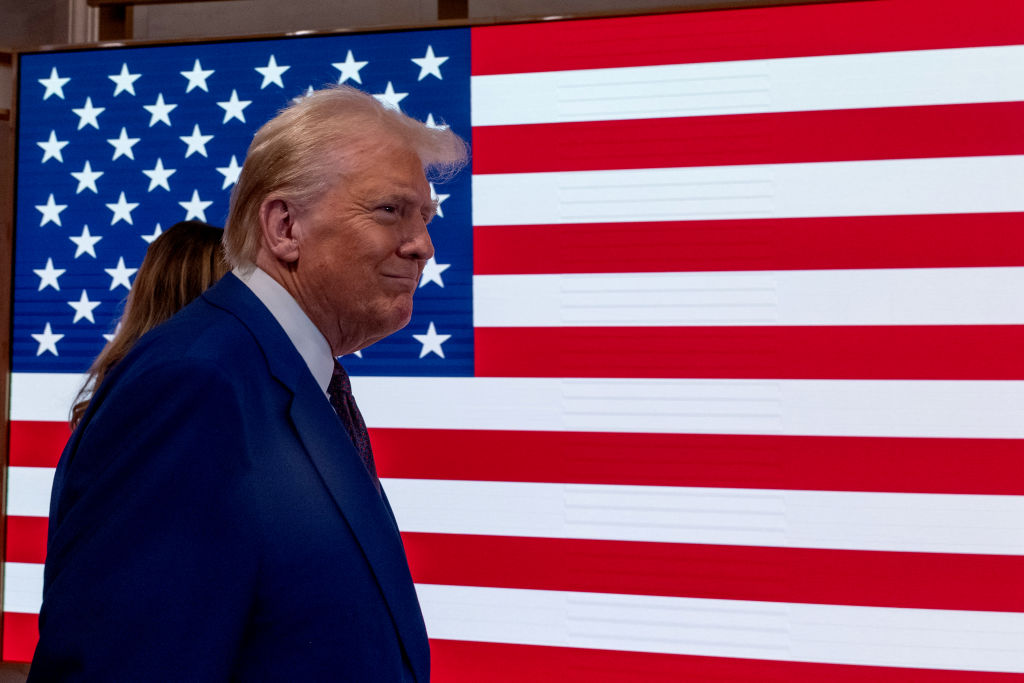Wall Street is having a hard time trying to figure out the incoming Trump presidency. After the election, the US dollar rallied based on the idea that the new administration would unleash a wave of tariffs. This would drive up inflation, which in turn would provoke the Federal Reserve to raise interest rates. The strong dollar trade is now reversing, however, with Wall Street firms saying they expect the currency to decline by anywhere between 2% and 7% in 2025.
What has happened? Analysts no longer seem convinced that Trump will engage in a trade war. While he has consistently stated his intention to ramp up tariffs — two weeks ago he took aim at Mexico and Canada — chatter behind the scenes suggests that this might just be rhetoric aimed at softening up the other side to negotiate a deal.
There are a few public indications that this might be the case. The first is the nomination of Scott Bessent to the position of secretary of the Treasury. Bessent is a hedge fund manager who used to work for George Soros, but has since become a regular staple around Mar-a-Lago and MAGA world more generally. Although he has made some protectionist noises in the past, he is far from a typical tariff advocate. Over the summer, he stated in an interview that rather than pushing the world into a trade war, the United States and its partners should focus on creating a new monetary system similar to the Bretton Woods system that emerged after the Second World War.
Related to this is the suggestion, floated by Trump himself, that China’s Xi Jinping should attend January’s inauguration. This is a highly unusual gesture, as it is rare for foreign leaders to attend American presidential inaugurations — and unheard of that a leader from a country with relatively poor bilateral ties would attend. But the invitation has led some to speculate that Trump might be working on getting “the mother of all deals” with the Chinese.
Depending on what the end product looks like, a new monetary system could be revolutionary in its implications. At the more moderate end of the spectrum, the deal might resemble the Plaza Accords agreed between Japan and the United States in the Eighties. At the time, Japan was running far too large a trade surplus with the United States and so the two countries agreed that they would manage a decline in the value of the US dollar relative to the yen to iron out the trade imbalances. A new Plaza Accord would help close the American trade deficit and rebalance the two economies.
On the more radical end of the spectrum would be a genuinely new monetary architecture likely integrating John Maynard Keynes’s concept of the bancor, essentially a global bank and currency. Keynes proposed the bancor arrangement at the 1944 Bretton Woods conference, but it was rejected in favour of a gold-backed dollar because the Americans recognised the power of the dollar as a reserve currency. The bancor was set up so that it would force automatic adjustments on countries that ran imbalanced trade, whether that was a trade surplus or deficit.
If the Trump administration had the vision needed to push the bancor over the line, it could be a truly world-changing event. But these initial murmurings that the US might move away from destructive — and arguably failed — trade war policies and toward a more equitable, multilateral solution are worth keeping an eye on. It could provide us with the first glimmers of hope we have seen that the 21st century might be a peaceful and prosperous one.











Join the discussion
Join like minded readers that support our journalism by becoming a paid subscriber
To join the discussion in the comments, become a paid subscriber.
Join like minded readers that support our journalism, read unlimited articles and enjoy other subscriber-only benefits.
Subscribe